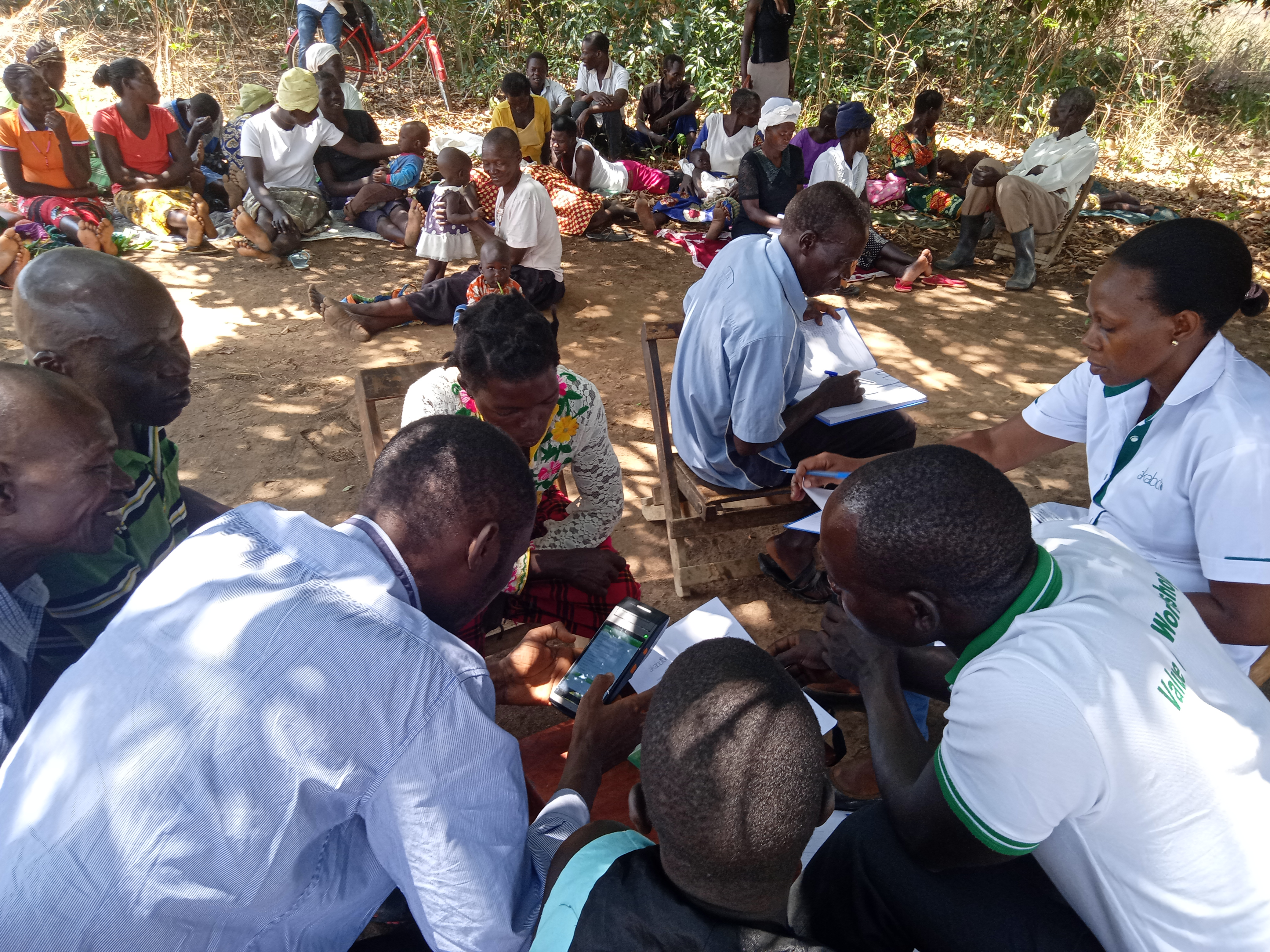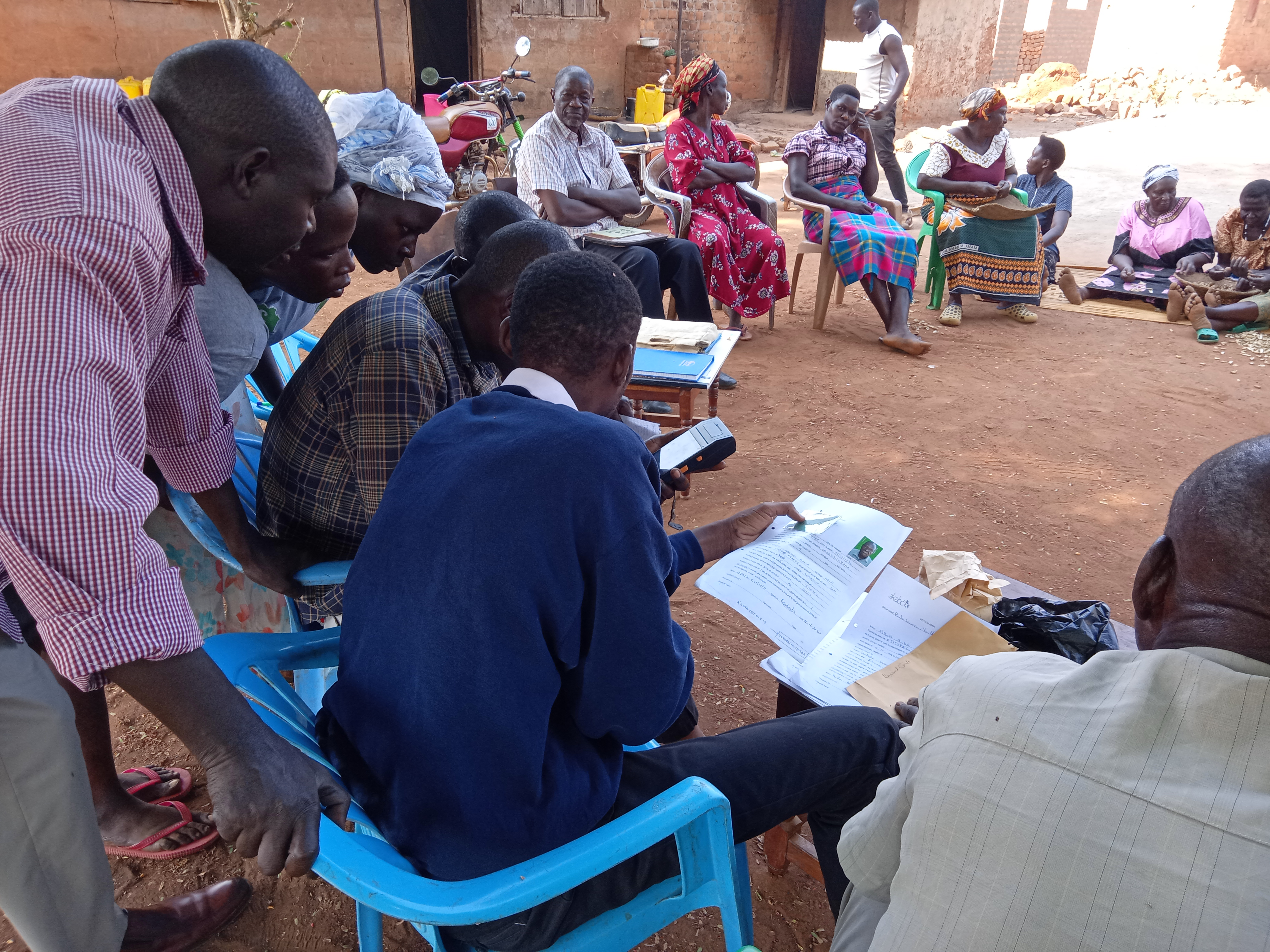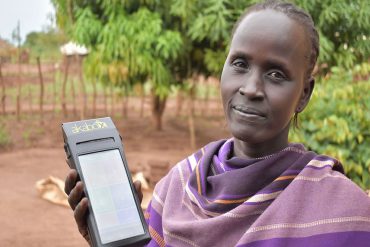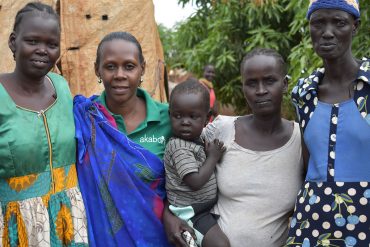Akaboxi Limited Company
Digital financial inclusion for Uganda’s smallholder farmers

Akaboxi offers a full package solution providing credit scoring, proper bookkeeping, training in climate change, finance, and smart agriculture. They provide a market for farmer’s products, affordable insurance and improved agricultural inputs.
They earn interest from financial support extended to small holder farmers. A monthly subscription fee charged for every user of the Akaboxi tech system and commission on products.
Eco-Inclusive Impacts
Akaboxi solves the problem of financial exclusion that affects mainly women and the unemployed youth. They create awareness of the crucial role of green financing to ensure sustainable development entrepreneurship.
- Enabling a culture of saving. People in Akaboxi save as groups with peer encouragement and support
- Improving community financial literacy and promote financial independence
- Strengthening community network, self-reliance and creating information and skills sharing networks of farmers
- Creating awareness of the crucial role of green financing to ensure sustainable development entrepreneurship
- Providing financial inclusion for communities
- Empowering youth and women throughout the economy and demand for financial service as a precursor
- Improving local economy and create economic empowerment


Partners
Akaboxi is a digital financial inclusion system that enables small holder farmers in rural communities organised in Village Loans and Savings Association (VSLA) groups to manage and monitor their savings together. It provides a holistic model to small holder farmers aimed at increased productivity, financial inclusion and sustainable environmental impact.
Ondernemers Voor Ondernemers (OVO) coaches the enterprise and supports fine-tuning of business model and financial plans.
SASAKAWA provides funding to Akaboxi for digitising over 12 saving groups in 5 regions impacting over 900 small holder farmers in rural communities.

